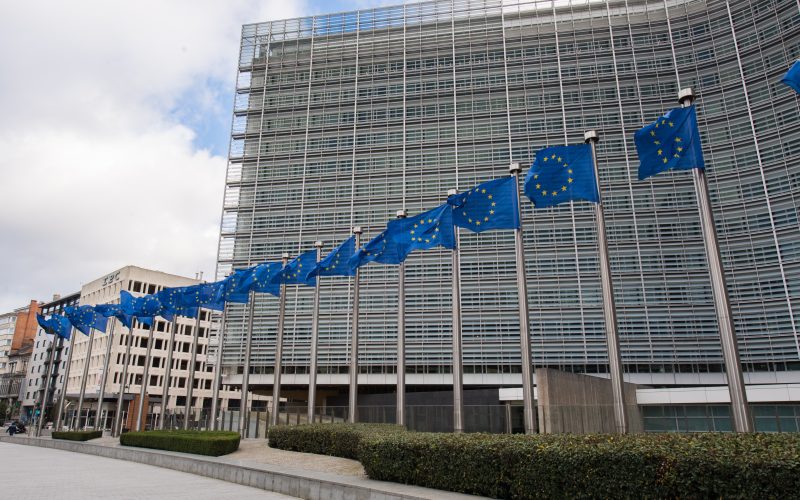The European Commission has adopted a landmark Sustainable Transport Investment Plan (STIP), outlining a strategic framework to speed up the energy transition in the aviation and maritime sectors. The initiative forms part of the EU’s Competitiveness Compass and Clean Industrial Deal, and establishes a unified approach to boost investment in renewable and low-carbon fuels across Europe.
To meet targets under the ReFuelEU Aviation and FuelEU Maritime Regulations, the EU estimates that around 20 million tonnes of sustainable alternative fuels — including 13.2 Mt of biofuels and 6.8 Mt of e-fuels — will be required annually by 2035. Achieving this will demand €100 billion in investments from public and private sectors to scale production and infrastructure.
By strengthening domestic fuel production, the Commission aims to enhance Europe’s competitiveness, reduce dependency on fossil imports, and drive the continent towards climate neutrality by 2050.
The Commission expects €2.9 billion to be mobilised by 2027 under the STIP, through a mix of EU programmes and private financing. Key funding commitments include:
- €2 billion via InvestEU to scale up sustainable fuel projects;
- €300 million through the European Hydrogen Bank for hydrogen-based aviation and maritime fuels;
- €133 million for research and innovation under Horizon Europe;
- €153 million for synthetic aviation fuels and €293 million for maritime fuel initiatives through the Innovation Fund.
A new eSAF Early Movers Coalition, to be launched by the end of 2025 in partnership with EU Member States, aims to mobilise an additional €500 million for synthetic aviation fuel development.
The STIP underscores the importance of regulatory stability to attract long-term investors, signalling that EU fuel targets will remain consistent. In the medium term, the Commission plans to establish an intermediary mechanism linking producers and buyers of sustainable fuels, providing revenue certainty and risk mitigation for investors.
The plan also proposes simplifying administrative procedures for airlines and shipping operators to reduce costs and boost competitiveness.
The EU will also deepen international cooperation to expand global production of renewable and low-carbon fuels while safeguarding the competitiveness of European producers.
According to the Commission, the Sustainable Transport Investment Plan will not only accelerate the EU’s clean energy transition but also position Europe as a global leader in sustainable aviation and maritime fuels.





















